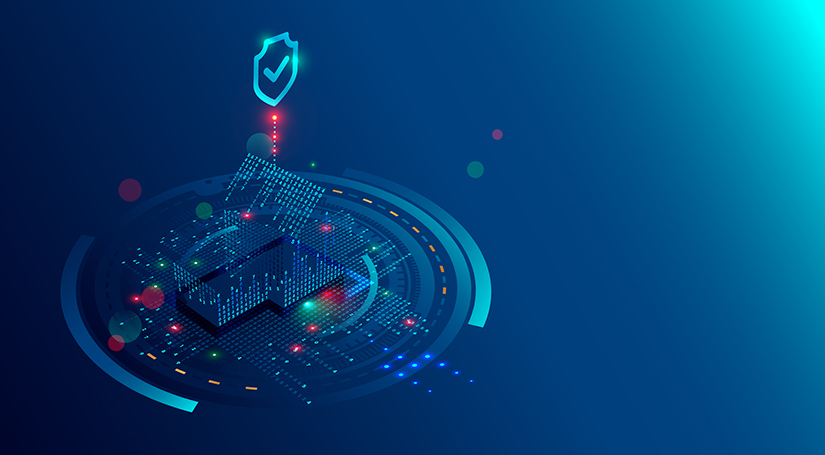NREL and UL Reach Key Milestone in Securing Distributed-Generation Industry
Outline of Investigation for Cybersecurity Certification Standard Paves Way to More Secure, Resilient Grid

With support from the National Renewable Energy Laboratory (NREL) and the U.S. Department of Energy’s Solar Energy Technologies Office, UL Solutions has published the outline of investigation for a cybersecurity certification standard for distributed energy resources (DERs) and inverter-based resource (IBR) devices. The publication marks a milestone toward securing the distributed-generation industry.
The outline of investigation provides an established baseline for testing and certifying the cybersecurity of energy storage and generation technologies, such as photovoltaic inverters and electric vehicle chargers, before being deployed and while in the field. It will also promote the need to have cybersecurity designed into new DER and IBR systems.
As a precursor to developing the outline of investigation, UL Solutions and NREL published “Cybersecurity Certification Recommendations for Interconnected Grid Edge Devices and Inverter Based Resources,” which provides recommendations for DER and IBR device cybersecurity.
“Equipment manufacturers, asset owners, regulators, and government officials now have an established baseline for strengthening the security of their devices, such as network-connected IBRs, monitoring devices, and parts of IBR systems that provide software-based and firmware-based controls,” said Danish Saleem, senior energy systems cybersecurity engineer at NREL. “NREL is providing continued support to the standard’s development, based on the outline of investigation, through soliciting formal industry feedback on the listed requirements, developing test procedures, and performing beta testing of devices.”
The UL-NREL team is now using the outline of investigation to test devices in NREL’s research environment, leveraging the Advanced Research on Integrated Energy Systems Cyber Range. This testing of commercial DER and IBR devices will inform the development of a consensus-built standard that prioritizes cybersecurity enhancements for power systems with high penetrations of inverter-based resources, including those interfacing with bulk power systems for periods of instantaneous high wind, solar, and hybrid/storage generation.
In addition to the UL partnership, NREL supports several other standards development and collaboration efforts to ensure new systems entering the distribution grid are secure by design. These efforts help to proactively reduce the risk of renewable energy technologies by identifying high-priority vulnerabilities and establishing requirements to address them—paving the way to a more secure and resilient modern electric grid.
Read UL’s press release for more.
Last Updated May 28, 2025
